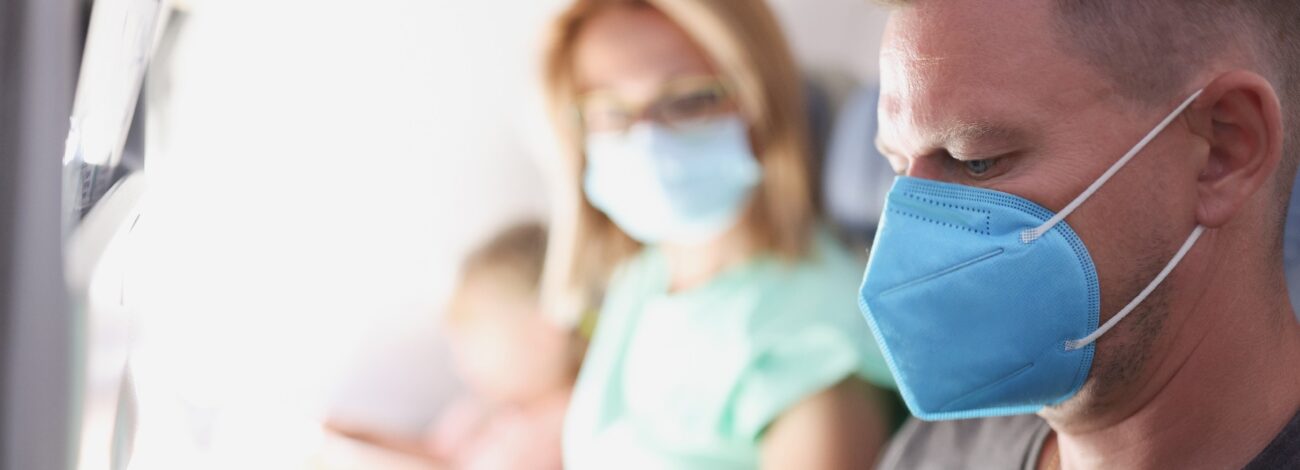Shorten isolation period for COVID-infected tourists, CHTA urges
In a bid to make inbound travel to the Caribbean easier, the Caribbean Hotel and Tourism Association (CHTA) is urging governments in the region to reduce the isolation periods for tourists who tested positive for COVID-19.
Travel Week reported that from the usual 14 days, the CHTA is recommending a seven-day period, similar to the regulations implemented by the United Kingdom for inbound travellers.
CHTA President Nicola Madden-Greig said in a letter to Prime Minister Gaston Browne of Antigua and Barbuda that a longer isolation period “presents unnecessary financial and personal hardship to residents, visitors, destinations and companies and increasingly will deter travel.”
While the omicron variant of the coronavirus is highly infectious, recent studies show that it generally causes a low level of severe illness requiring hospitalization and a low death rate. Vaccinated people harbour mild symptoms from the variant.
Madden-Greig also urged Caribbean governments to collaborate and align their entry, testing and isolation and quarantine policies.
Requirements differ from island to island, which can cause confusion and slowed recovery for travellers, she said.
The price and availability of COVID-19 PCR tests, for example, can slow down the recovery of tourist patients. For a family of four, it will already cost them US$600.
Travel Week further reported that “the CHTA is also recommending that WHO-approved antigen tests be accepted for entry.”
There are Caribbean nations like The Bahamas, Guadeloupe, Martinique, Jamaica and U.S. Virgin Islands that are now accepting antigen tests and have not reported an increase in COVID-19 cases.
Madden-Greig nevertheless commended the governments for trying their best not to close their borders and restricting travel.
“Government policies coupled with the efforts of health and tourism officials to enforce health safety protocols have resulted in the restoration of employment and airlift to near pre-pandemic levels, higher vaccination rates for tourism-related employees, and low positivity test result rates for travellers, preventing massive business failures which would be detrimental to our long-term recovery,” she said.
The region’s governments, health officials, and the tourism industry have all been proactive and effective in combating COVID-19, which resulted in the region’s tourism industry recovering faster than any other area of the world.
However, Madden-Greig warned that “overreaction over the coming critical weeks can reverse the progress we’ve made towards recovery.”



